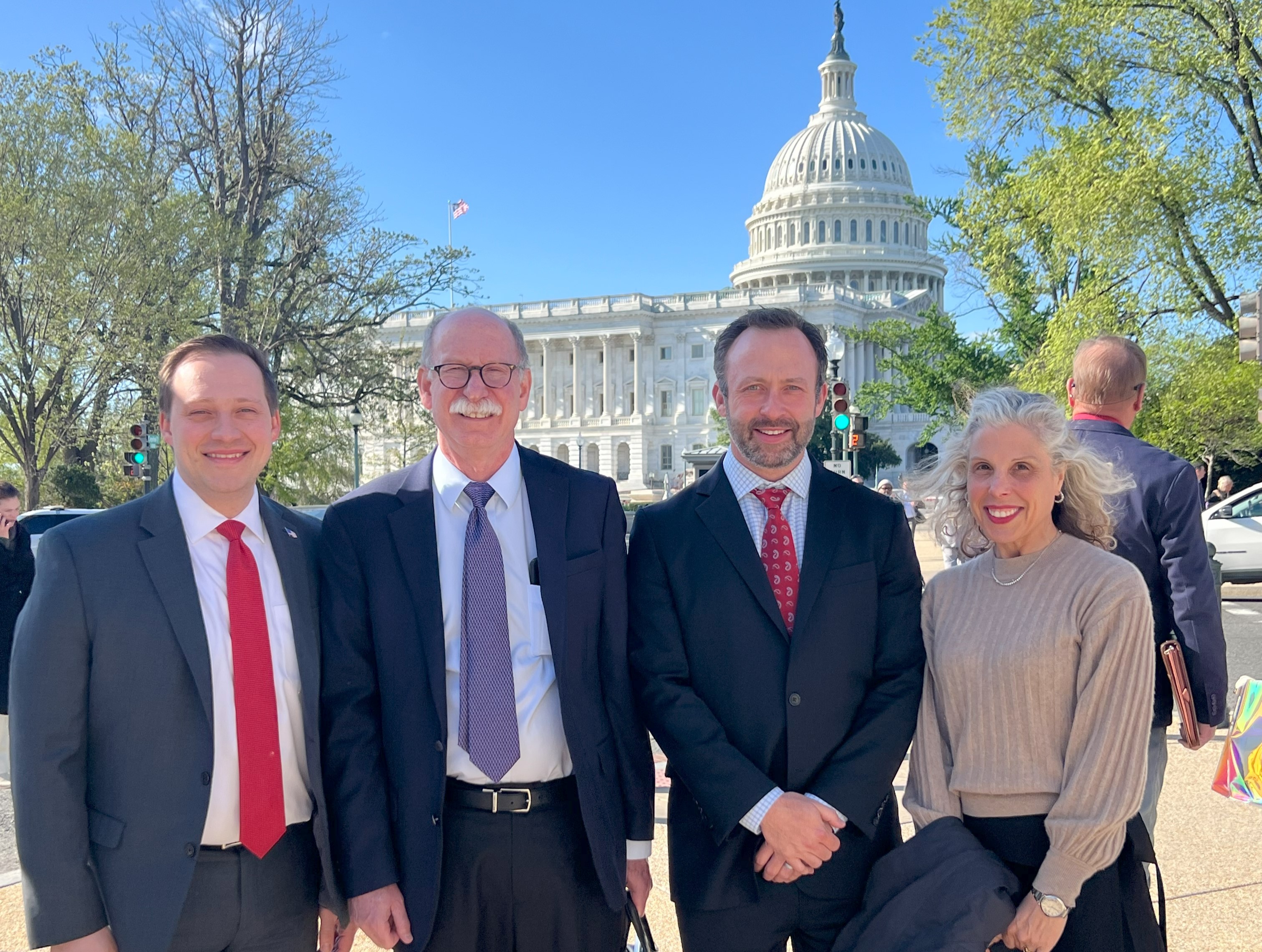LUGPA Policy Update - Expected DEA Extension of Telemedicine Prescribing Flexibilities Through 2025November 4, 2024 In late August, POLITICO reported on an internal DEA draft proposing restrictions that would render telemedicine prescribing of controlled substances nearly unworkable. Though this restrictive draft rule was not officially released, HHS raised significant concerns, formally opposing its release at least three times with 400 line-item objections. The report triggered a swift public backlash from patients, clinicians, and advocacy groups. Lawmakers emphasized the necessity of extending telemedicine flexibilities to ensure access to essential treatments, particularly in rural and underserved areas. The DEA has faced longstanding criticism for delays in creating a “special registration” process, originally mandated by the 2008 Ryan Haight Act. This process was intended to allow telemedicine prescribing of controlled substances without in-person visits for specially registered providers. Though the DEA faced renewed mandates under the SUPPORT Act of 2018, no permanent registration rule has been finalized. After receiving record-breaking criticism on a proposed rule in early 2023, the DEA issued two temporary extensions to allow time for a revised approach. If approved, this extension would allow telemedicine prescriptions for Schedule II-V controlled substances without requiring an in-person visit, buying more time to draft a workable, permanent rule. This extension could also delay further rulemaking until the next administration. Should the flexibilities expire, clinicians prescribing controlled substances via telemedicine would need to:
Non-compliance may lead to severe penalties, including DEA registration revocation, disciplinary actions, and disclosures to state licensing boards and federal healthcare programs, which could jeopardize patient care and disrupt practice operations.
|




